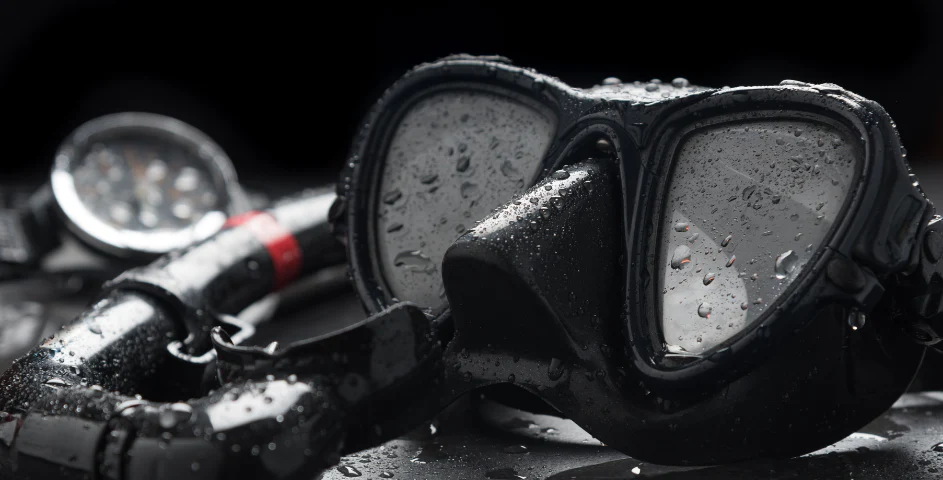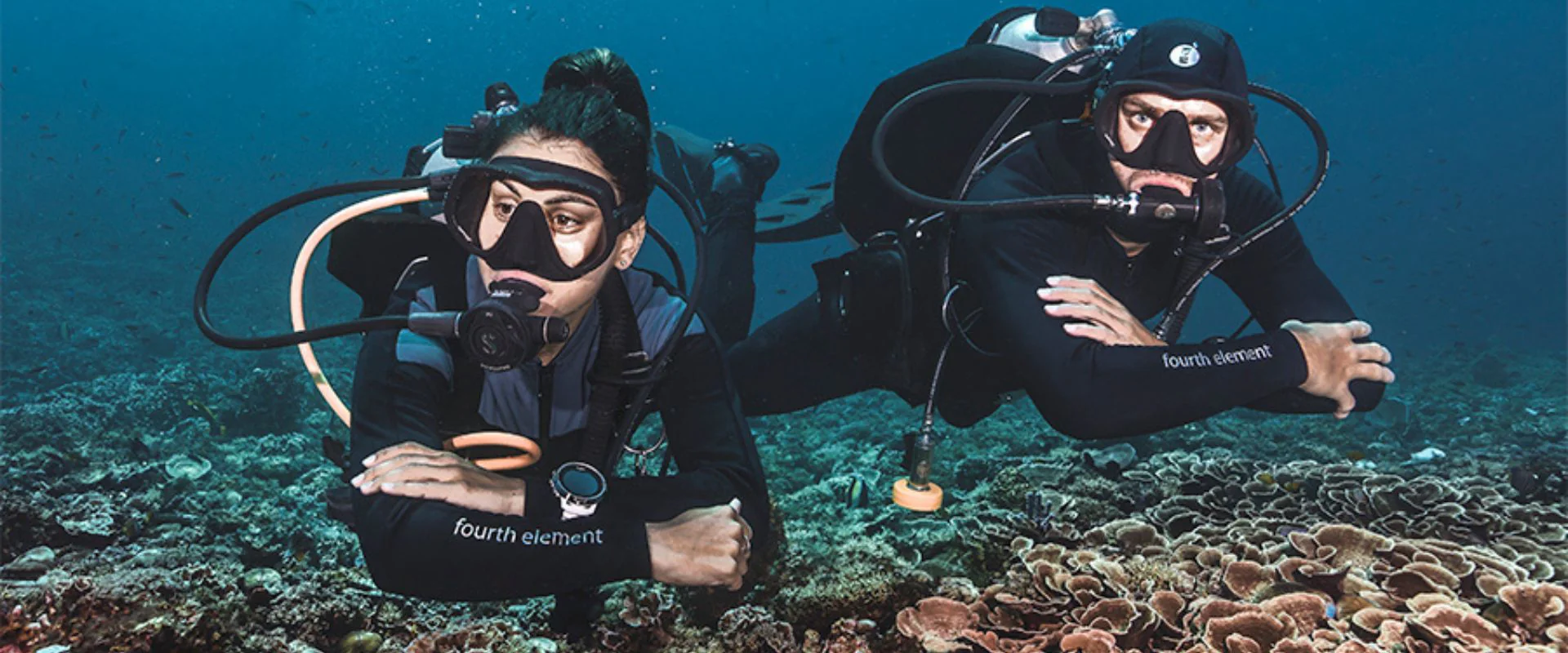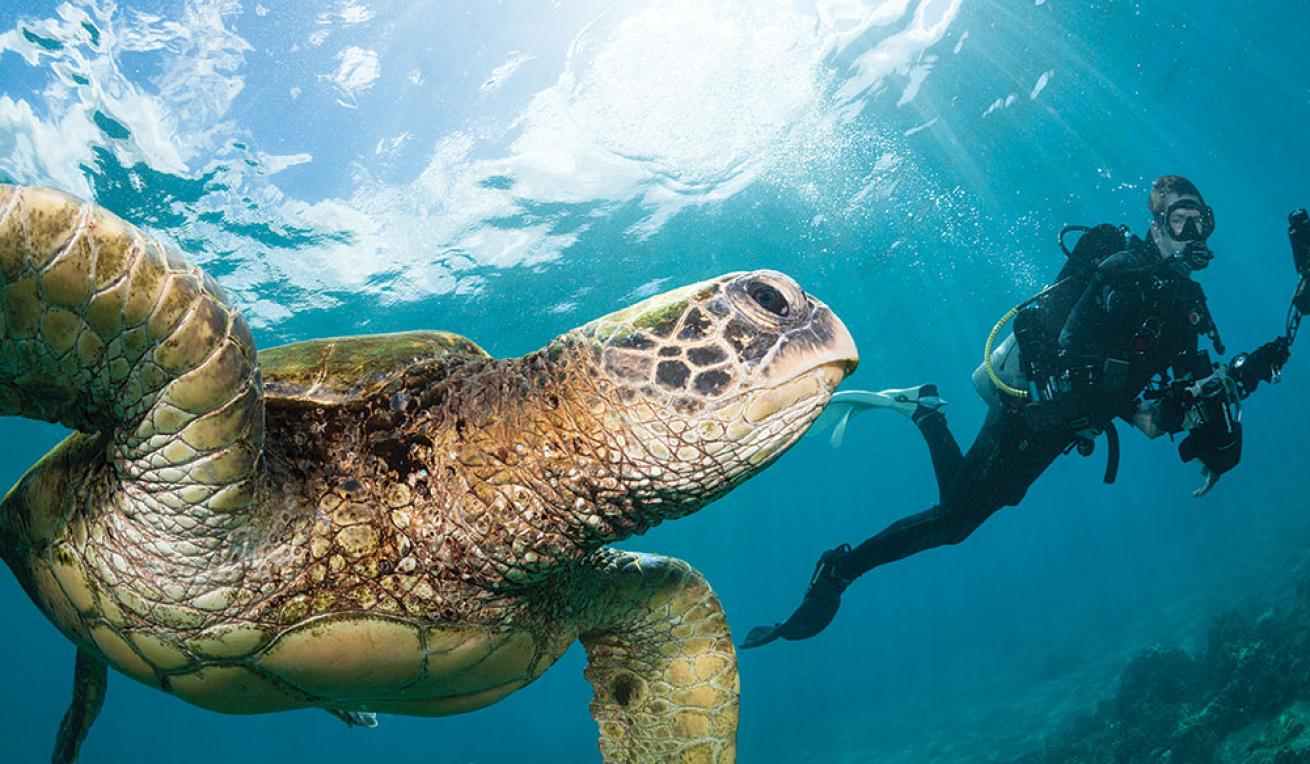Table of Contents
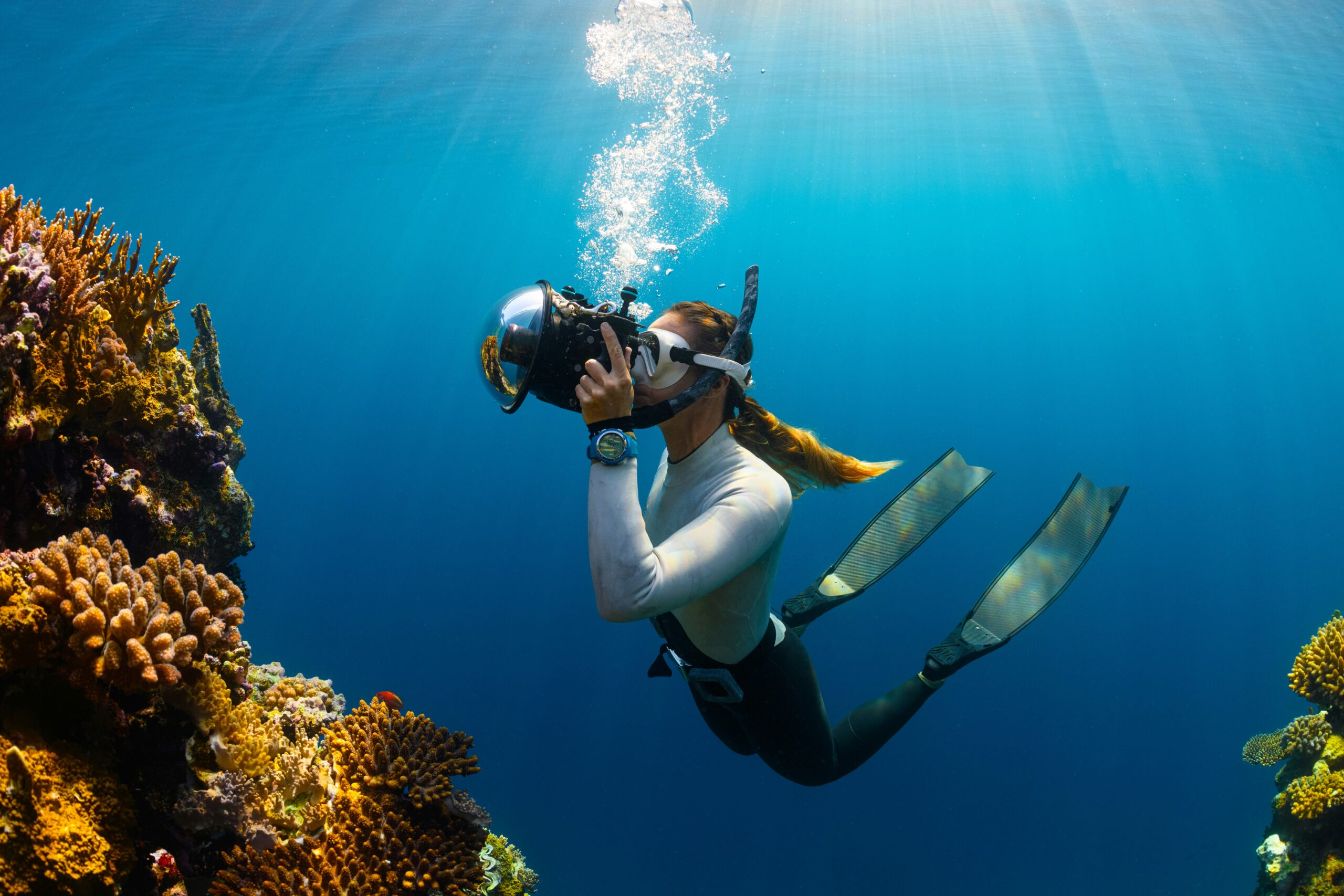
Planning an eco-friendly diving trip is an excellent way to enjoy the wonders of the underwater world while minimising your impact on the environment. By making informed choices about the dive operators, equipment, and practices you adopt, you can contribute to the conservation of marine ecosystems and support the livelihoods of local communities.
Understanding the principles of eco-friendly diving is crucial for making this experience truly rewarding. From researching the most sustainable destinations and dive centres, to familiarising yourself with best practices for marine conservation during your dive, every step matters. By taking the time to prepare and integrating eco-conscious decision-making throughout your trip, you can ensure a diving holiday that benefits not just you, but the planet as well.
Understanding Eco-Friendly Diving
Eco-friendly diving, also known as sustainable diving, is a responsible approach to exploring the underwater world while minimising your impact on marine ecosystems. As a diver, you have the opportunity to contribute to ocean conservation by embracing sustainable practices and promoting marine conservation efforts.
One crucial aspect of eco-friendly diving is choosing operators that follow best practices in sustainable diving. The Green Fins Initiative is an excellent example of a programme that encourages dive operators to adopt environmentally-friendly practices. When planning your diving trip, look for operators certified by Green Fins or similar organisations, as they are more likely to be conscious of their impact on the ocean.
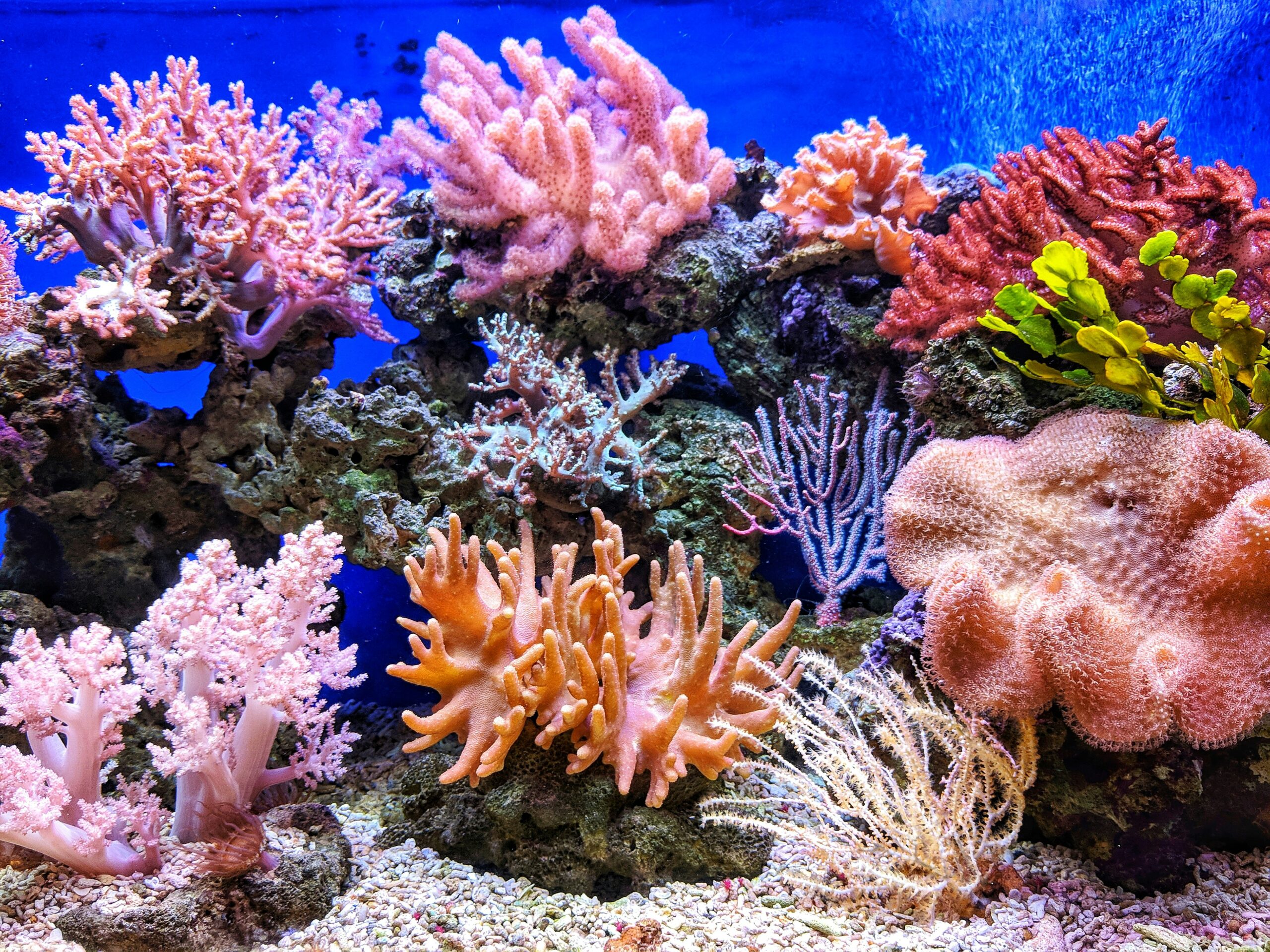
There are several practices you can adopt to ensure that your diving trip is as eco-friendly as possible:
- Avoid touching or disturbing marine life: Coral reefs are delicate, and even a small touch can cause irreversible damage. Maintain proper buoyancy control and avoid making contact with the ocean floor or the corals.
- Use reef-safe sunscreen: Conventional sunscreens often contain chemicals harmful to coral reefs. Stick to sunscreens that are biodegradable and labelled as reef-safe. This simple choice can significantly reduce your impact on the marine environment.
- Participate in local conservation activities: Many diving destinations have local marine conservation projects, such as beach clean-ups or coral restoration programmes. Joining these efforts can contribute positively to the local ecosystem.
- Dive locally: Reducing the distance you travel to dive destinations can help decrease your carbon footprint. Discovering local diving spots can be a great way to combine your love for diving with the responsibility to protect the environment.
Practising eco-friendly diving is not only vital for conserving marine ecosystems, but it also enhances the experience for future generations of divers. By adopting ecologically responsible diving methods and supporting conservation initiatives, you can play an essential role in preserving the underwater world that you love to explore.
Preparing for Your Dive
Planning an eco-friendly diving trip requires careful consideration of the dive operators and equipment you choose to use. This section will provide guidance on selecting sustainable dive operators and eco-conscious gear.
Choosing Sustainable Dive Operators
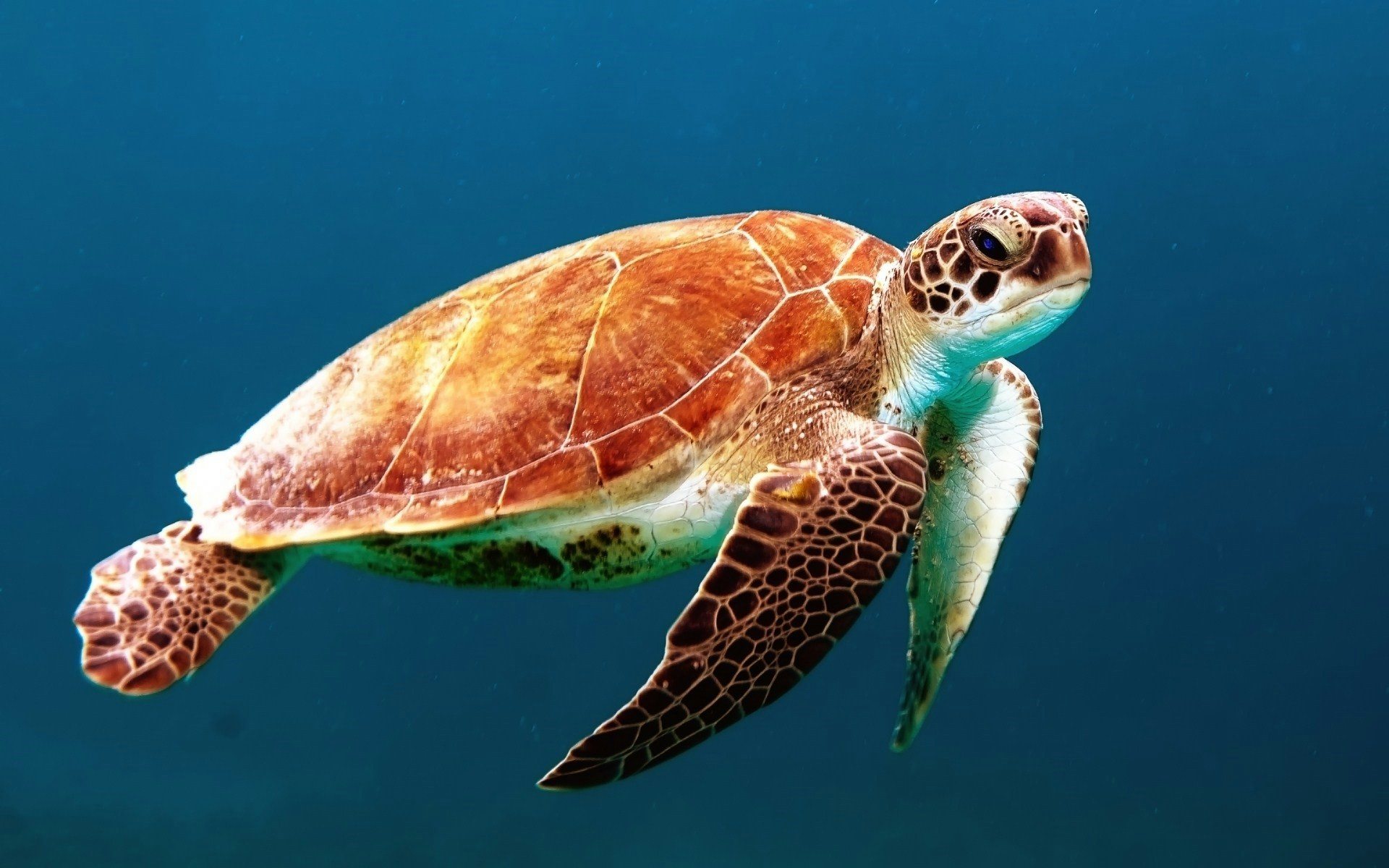
When planning your trip, it’s essential to choose a sustainable dive operator that prioritises the environment and local communities. Here are some factors to consider when evaluating dive operators:
- Conservation efforts: Look for operators who actively participate in marine conservation projects, such as reef restoration or marine life protection.
- Eco-certifications: Certifications such as the Green Fins programme or PADI Green Star Award indicate that the operator has met specific sustainability criteria.
- Local support: Prioritise operators that employ and support local communities, promoting responsible tourism and economic benefits.
Selecting Eco-Conscious Gear
Choosing the right eco-friendly diving gear can significantly reduce your environmental impact while exploring the underwater world. Consider the following when selecting your scuba gear and accessories:
- Reef-safe sunscreens: Traditional sunscreens may contain chemicals that harm coral reefs, so opt for reef-safe sunscreens specifically designed to minimise their impact on marine life.
- Eco-friendly scuba gear: Look for equipment made from sustainable materials or produced by companies with strong environmental policies.
- Reusable water bottles and bags: Single-use plastic bottles and bags can easily end up in oceans, so bring your own reusable options instead.
Additionally, familiarise yourself with eco-friendly diving practices, such as:
- Avoid touching or disturbing marine life and coral.
- Maintain proper buoyancy control to prevent accidental damage to the reef.
- Leave no trace by picking up any litter you find and ensuring you do not leave any waste behind.
By taking these steps, you’re well on your way to planning a responsible and eco-friendly diving trip that not only respects the environment but also contributes to its preservation.
Dive Practices for Marine Conservation
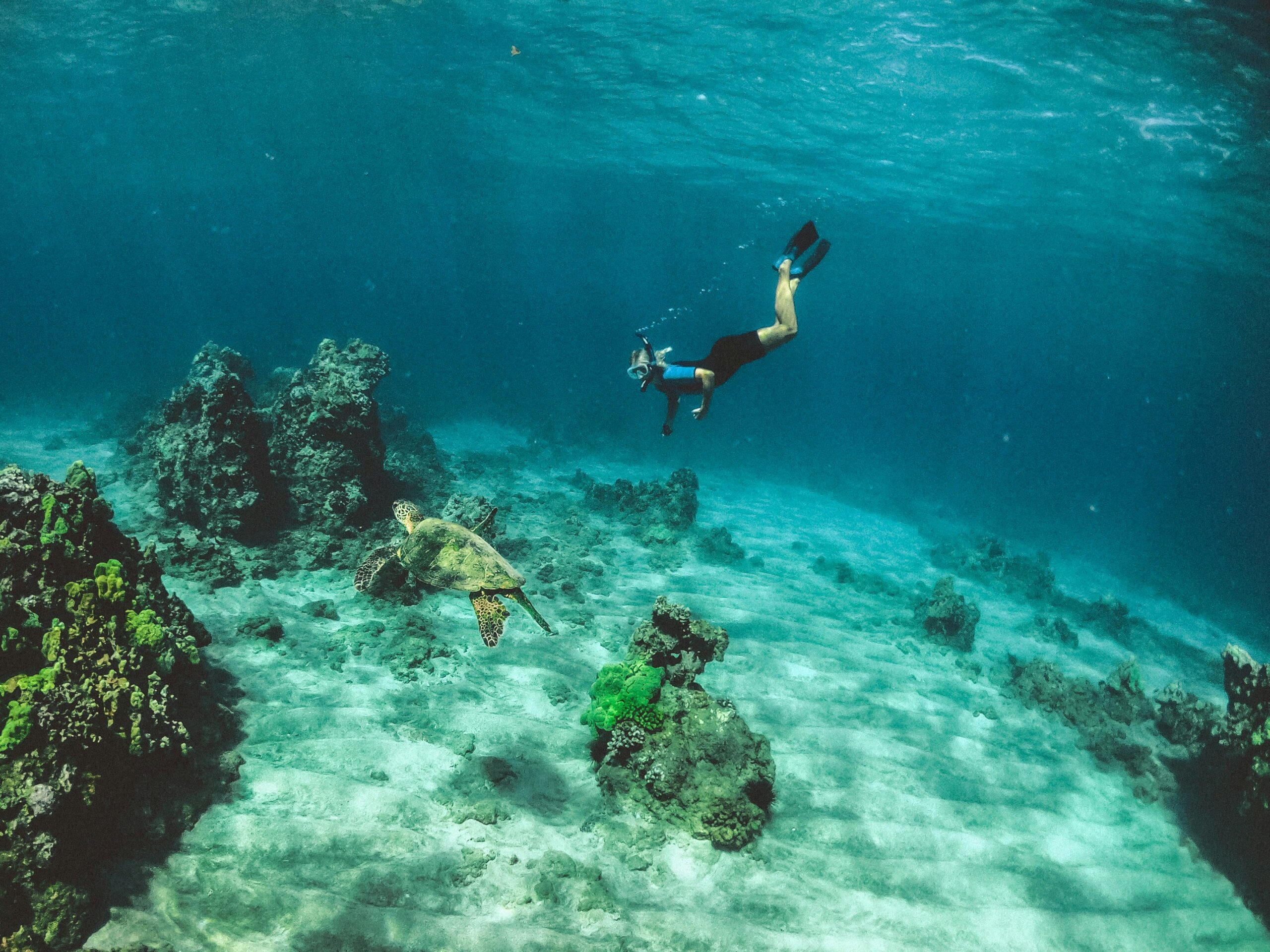
Interacting with Marine Life
When diving, it’s important to maintain a safe distance from marine creatures to prevent causing them stress or harm. Avoid touching or disturbing marine animals and plants, as many species are fragile. Instead, observe and appreciate the beauty of the underwater world. Here are some key points to remember while interacting with marine life:
- Control buoyancy: Master buoyancy control to stay within safe distances from animals and avoid knocking over or damaging corals.
- Take nothing but pictures: Avoid collecting souvenirs like shells or coral fragments, as this harms the marine environment.
- Do not feed marine life: This can disrupt natural feeding patterns and behaviours, with negative consequences for the ecosystem.
Supporting Coral Reef Protection
Coral reefs are crucial for maintaining biodiversity and supporting coastal communities. It’s essential to protect these underwater ecosystems by following responsible diving practices and supporting eco-friendly initiatives.
Here are some ways to support coral reef protection during your diving trips:
- Choose eco-friendly dive operators: Look for dive centres that adhere to marine conservation guidelines, have coral-safe moorings, and offer education on responsible diving practices.
- Use reef-safe sunscreen: Conventional sunscreens can contain chemicals that harm coral and marine life. Opt for reef-safe alternatives that are biodegradable and eco-friendly.
- Participate in coral restoration efforts: Join projects aimed at restoring damaged coral reefs, such as those offered by Earthwatch. These efforts help improve the health of marine ecosystems and contribute to long-term conservation.
By following these practices and engaging with the underwater world responsibly, you can help preserve the beauty and diversity of coral reefs and marine life for future generations.
Community and Environmental Impact
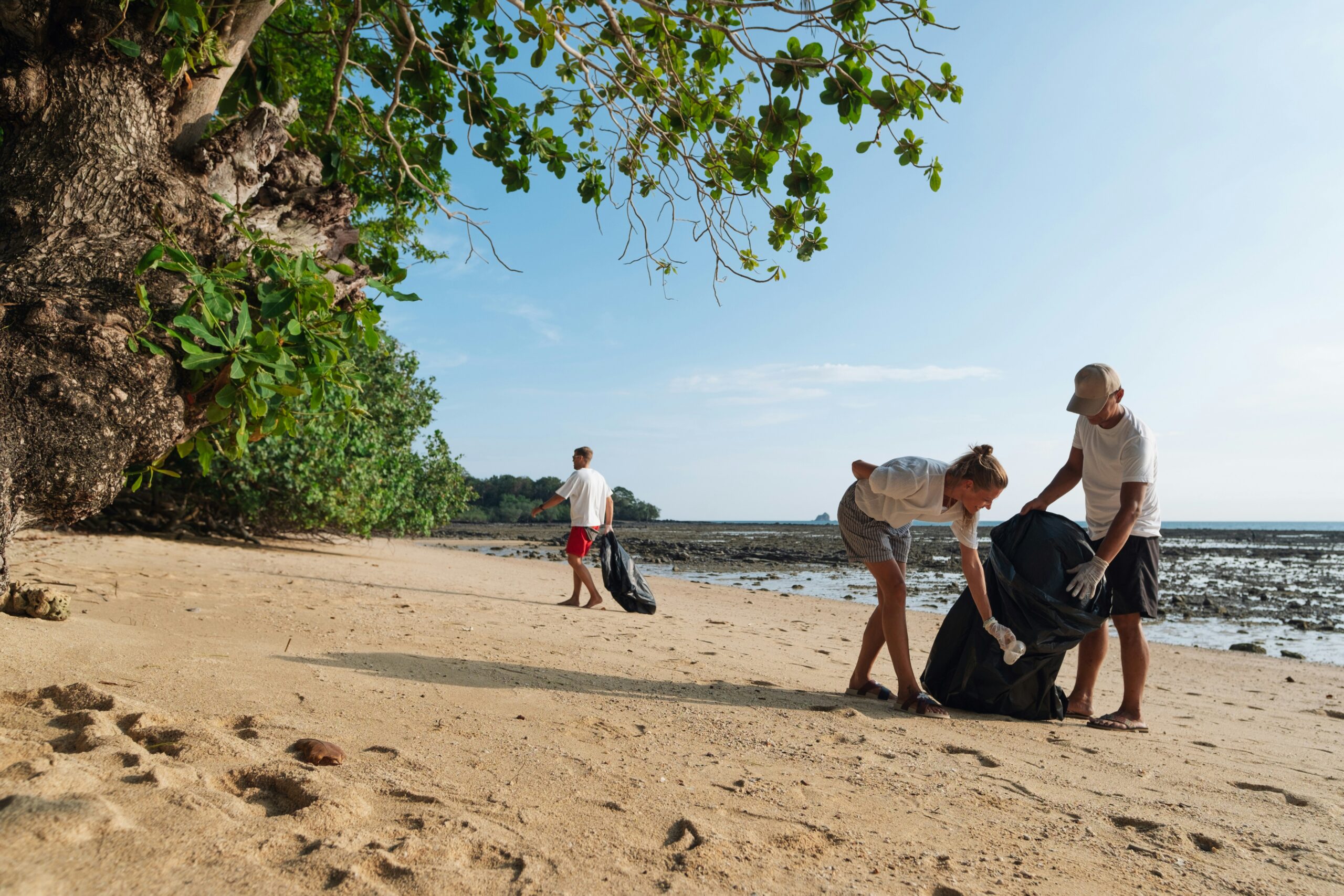
Engaging with Local Communities
When planning an eco-friendly diving trip, it’s crucial to engage with local communities. By supporting locally-owned dive shops, accommodations, and restaurants, you not only contribute to the local economy but also help foster sustainable tourism. By respecting local customs and showcasing a genuine interest in the community, you strengthen connections and make a positive impact during your visit.
Consider joining community-led initiatives such as beach clean-ups, coral restoration projects, or educational workshops. This not only supports local efforts but can also enhance your understanding of the unique challenges faced by the community in preserving their marine environment.
Reducing Plastic Waste and Pollution
Minimising your carbon footprint and plastic pollution are crucial aspects of planning an eco-friendly diving trip. Here are some actionable steps to help reduce your environmental impact:
- Travel Responsibly: Whenever possible, choose more sustainable transportation options to decrease your carbon footprint. This can include carpooling, public transport, or even choosing direct flights which produce fewer emissions compared to multiple connections.
- Dive Gear: Opt for eco-friendly dive gear made from ethically sourced materials, such as natural rubber or recycled ocean plastics. Additionally, ensure that your chosen dive operator follows sustainability practices.
- Reduce Single-Use Plastics: Pack reusable items and opt for plastic-free alternatives whenever possible. This includes water bottles, cutlery, and bags. Plan in advance to minimise the need for single-use plastics during your travels.
- Sun Protection: Ensure you are using reef-safe sunscreens to avoid harming coral reefs and marine life. Chemicals found in common sunscreens can damage reefs and affect aquatic species.
By incorporating these practices, you are taking meaningful strides towards sustainable diving and contributing positively to both the local community and the environment.
After Your Dive
Participating in Conservation Efforts
After your eco-friendly dive, it’s important to maintain your momentum in supporting marine conservation. Consider participating in post-dive activities, such as Reef World Foundation projects or clean up dive events. These initiatives focus on removing debris from the ocean and raising awareness about the importance of preserving the underwater environment.
You can also choose to donate or contribute to marine conservation organisations that are focused on establishing and maintaining marine reserves. These reserves are essential for protecting vulnerable habitats and species while simultaneously providing future generations with the opportunity to experience the wonders of the underwater world. By supporting these marine reserves, you’ll be playing a vital role in conserving ocean biodiversity and promoting sustainable maritime practices.
Spreading Awareness and Education
In addition to participating in conservation efforts, spreading environmental awareness is vital to promote responsible ocean stewardship among divers and non-divers alike. Share your experience with friends, family, and social media platforms to highlight the importance of eco-friendly diving practices and showcase how simple changes can make a significant impact on marine life and ecosystems.
Utilise your newfound knowledge to educate others about protecting the ocean:
- Encourage fellow divers to follow responsible practices like avoiding contact with marine life and using reef-safe sunscreens.
- Promote the importance of choosing eco-friendly dive operators with sustainability accreditations like Green Fins or PADI Green Star Dive Centres.
- Share your support for marine conservation initiatives and the benefits they bring to both the underwater ecosystems and local communities.
By actively spreading awareness and promoting eco-friendly diving practices, you ensure that the underwater world continues to thrive for generations to come, and biodiversity remains protected. Together, let’s work towards a more sustainable diving culture for everyone who loves the ocean.
Frequently Asked Questions
To ensure an eco-friendly diving excursion, start by choosing responsible and sustainable dive operators who prioritise environmental conservation. Avoid touching marine life and use reef-safe sunscreens. Always follow buoyancy control guidelines and be mindful of your fins to minimise damage to the underwater environment.
When looking for sustainable dive operators, consider those recommended by organisations like the Reef-World Foundation. Search for operators with strong environmental policies, certifications from eco-friendly organisations, and that actively support local marine conservation initiatives.
Invest in responsibly made diving gear from sustainable manufacturers. Use reusable water bottles and avoid single-use plastic items. Choose biodegradable dive accessories and reef-safe sunscreens, which minimise harmful effects on marine ecosystems.
To reduce your carbon footprint while travelling, consider travelling locally or using environmentally friendly transportation options such as trains or buses for shorter trips. If you must fly, select direct flights and consider purchasing carbon offsets to offset emissions from air travel.
To protect marine life while diving, maintain good buoyancy control and avoid making contact with the sea floor or coral. Do not touch, chase, or disturb marine life, and refrain from feeding them. Use underwater cameras responsibly and avoid using flash photography, which can disorientate creatures and damage their vision.
When selecting accommodations, look for eco-friendly lodging with sustainable practices such as water-saving facilities, energy-efficient fixtures, and waste reduction measures. Prioritise accommodations that contribute to local community development and support conservation efforts in the area.

